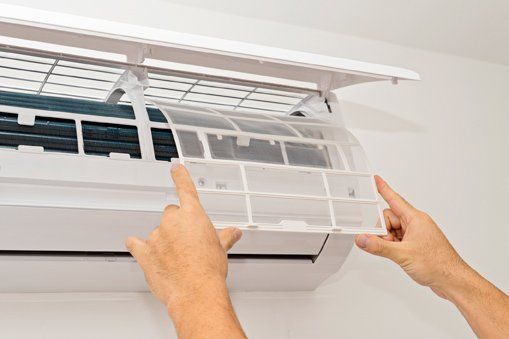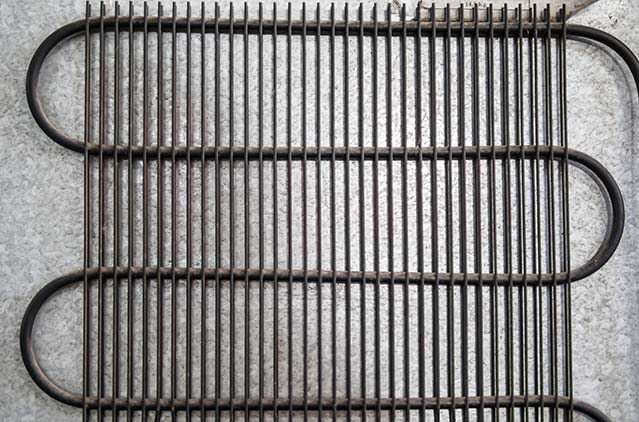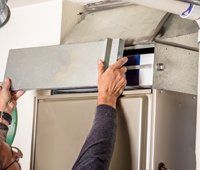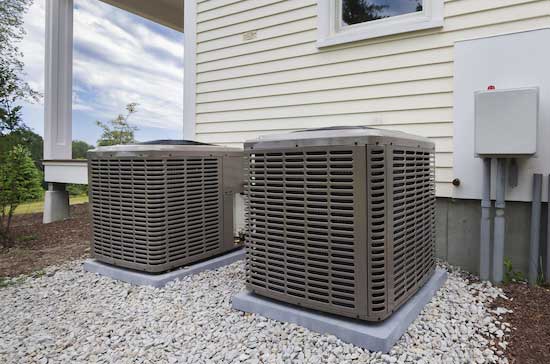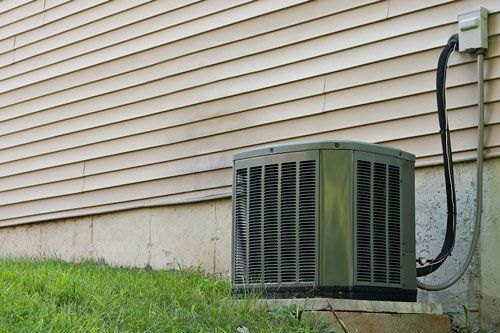HVAC Inefficiency Caused by Compressor Oil in the Expansion Valve
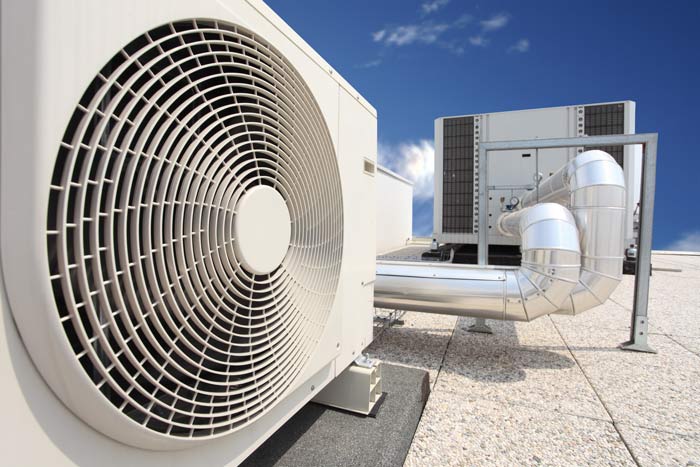
All commercial air conditioning systems contain a component known by the general name of a metering device. Thermostatic expansion valves are the most common type of metering device. These valves reduce the pressure of the refrigerant as it enters your evaporator coil. This sudden pressure drop lowers the refrigerant temperature drastically, allowing it to absorb more heat.
Expansion valves work by means of restriction. Yet if the amount of restriction grows too great, insufficient amount of refrigerant will enter the evaporator coil. As a result, the efficiency of your system plunges, leading to overworked compressors and an increase in your cost of cooling. Other mechanical problems may also stem from a serious restriction.
As the owner of a commercial property, you should possess at least a basic understanding of thermostatic expansion valve restrictions. This article provides vital information about one of the most common causes of a restricted expansion valve: compressor oil. By increasing your knowledge of this issue, you can better protect your system against inefficiencies and breakdowns.
Oil-Logged Expansion Valve Causes
Oil buildup in the expansion valve may occur in one of two main ways. First, it may stem from an excessive amount of compressor oil in the system. This problem often occurs when refilling a compressor's oil reservoir to make up for the oil loss that affects a system over time. Adding too much oil means that an excessive amount of oil will migrate through the system along with the refrigerant.
As this oil gets to the expansion valve, it often backs up or forms deposits, leading to restrictions. Such restrictions may occur even if oil levels don't exceed the maximum recommendation. In that case, the problem may stem from the phenomenon known as refrigerant flooding.
Flooding happens when liquid refrigerant manages to get inside of the compressor while it is running. There, the liquid refrigerant mixes with the oil, causing the two to join together in a frothy mixture. As this mixture flows into the compressor and then through the system, it leads to abnormal amounts of oil entering the expansion valve.
Your commercial refrigeration specialist can evaluate your beverage display cooler - which includes a temperature survey - to determine whether your appliance is worth repairing. In many cases, an older beverage cooler that has sentimental value can be saved with the right new parts.
Oil-Logged Expansion Valve Effects
Oil-logging negatively affects your expansion valve in two main ways. First of all, it restricts the amount of refrigerant that can pass through at any given time. Simply put, the oil deposits coat the walls of the valve's tailpipe and tubing, thus reducing its interior dimensions. As a result, the volume of refrigerant that can pass through the valve decreases.
Oil-logging also creates problems for the expansion valve's thermal bulb. Located in the expansion valve's tailpipe, the thermal bulb registers the temperature inside of the evaporator coil. If the temperature grows too high, the bulb causes the expansion valve to open, allowing additional refrigerant into the evaporator coil.
As oil coats the inside of the tube, as well as the thermal bulb itself, the bulb has a harder time registering the true temperature. The coating of oil tends to insulate the tube, leading the bulb to register a higher-than-actual temperature. As a result, the bulb opens up the expansion valve prematurely, allowing excessive amounts of refrigerant into the coil.
As the refrigerant volume in the evaporator coil increases, the superheat of the exiting refrigerant decreases. This makes the refrigerant much more likely to turn back into a liquid on its way to the compressor, in turn leading to the refrigerant flooding discussed above. This flooding only exacerbates the oil-logging problem in the expansion valve.
Expansion valve restrictions ultimately cause your HVAC system's efficiency to plummet, driving up your cooling costs in the process. For optimal, cost-effective cooling, refrigerant flow through the expansion valve must remain unimpeded.
For more information about how a trained technician can keep your commercial HVAC system's expansion valve functioning correctly, please contact Baton Rouge's HVAC experts
at Eagle Refrigeration & Mechanical, LLC.
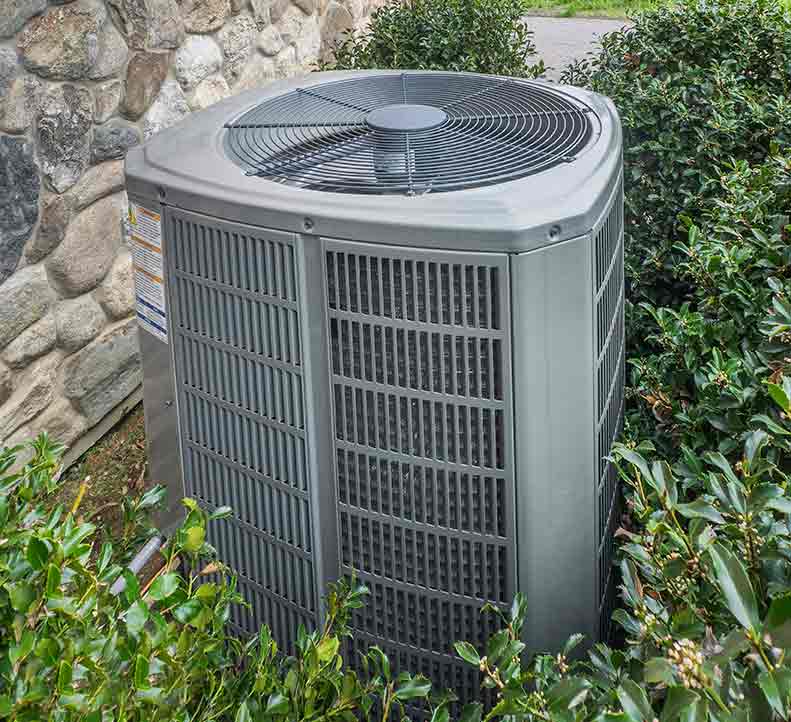
Few things are more inconvenient than your air conditioner not working. Many issues can cause the air conditioner to not work, some of which are significant. The compressor in the air conditioner is a crucial part of the system. When the compressor fails, not only will your home become uncomfortable, but you can also expect a pretty expensive repair bill. Fortunately, compressor failure is preventable - if you maintain the system on a routine basis with a licensed HVAC technician. The following are some problems that lead to system failure that you can prevent with regular servicing.




